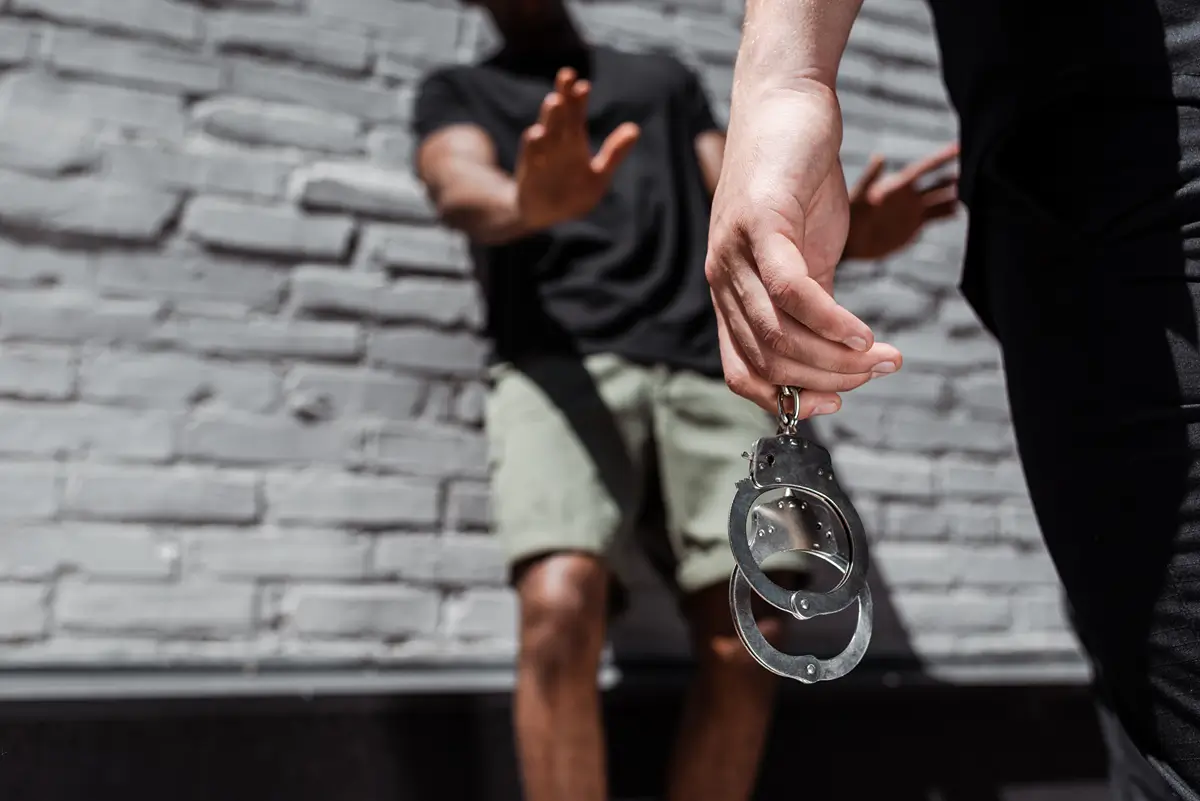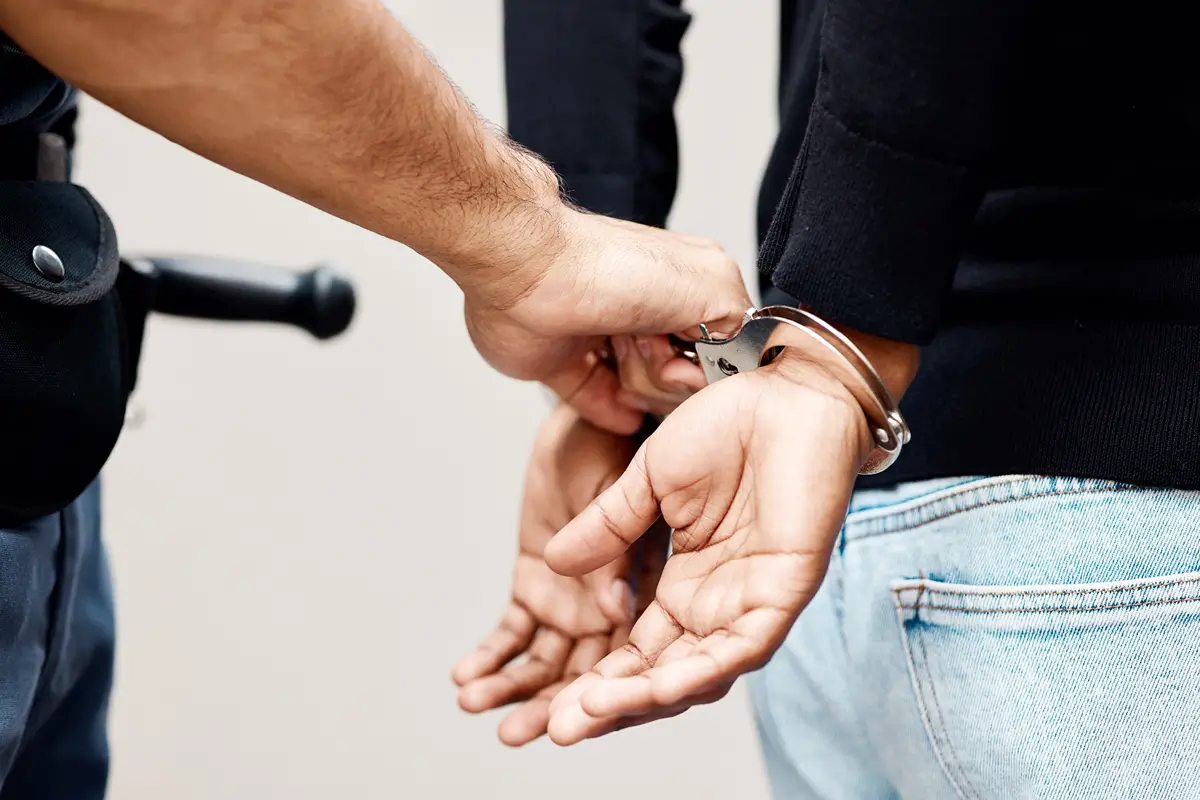What do you call it when a person has been drinking alcohol or using drugs and gets behind the wheel of a car—or any other type of vehicle? Most folks refer to this as “DUI,” which stands for driving under the influence. In Indiana, that crime is officially termed “Operating a Vehicle While Intoxicated,” but it’s generally known as “OWI” or “DUI.”
No matter what acronym you use, getting pulled over by the cops on suspicion of intoxication is a serious matter. Is there anything you can do on the scene to avoid being charged with this crime? Some people think refusing to take a breathalyzer will prevent their arrest or benefit them in court. Let’s take a closer look at the truth.
Field Sobriety Test vs. Chemical Tests
When an officer asks you to submit to sobriety tests, it’s because they have probable cause to believe you are intoxicated: your driving was erratic, they can smell beer on your breath, or your speech is slurred. There are two kinds of tests they will give you.
Field sobriety tests include asking you to walk a straight line heel to toe, recite the alphabet backwards, or submit to a horizontal gaze nystagmus test.
Chemical testing methods include portable breath tests (PBT) and certified breath, blood, or urine tests. The PBT—that’s the “breathalyzer” you blow into right there on the street—is not admissible in court, and refusing it has no legal repercussions.
It is the certified tests, which are administered at the police station, that we’re talking about today. Your refusal of those can lead to grave consequences.
Understanding Implied Consent In Indiana
When you apply for a driver’s license in the state of Indiana, you give what is known as “implied consent.” That means a police officer who suspects you of being under the influence has the legal right to request you take a chemical test to determine your blood alcohol content (BAC). You can think of it as the “terms and conditions” of your right to operate a motor vehicle.
The basic legal BAC limit in the state of Indiana is 0.08. Other, lower limits apply in certain circumstances: drivers under the legal drinking age, those with previous OWIs on their record, etc.
Refusing a Breathalyzer In Indiana: What Happens
If you refuse to submit to chemical testing, your license will automatically be suspended for at least 12 months. What’s more, you can still be arrested for, charged with, and convicted of an OWI without a BAC chemical test results.
In fact, the arresting officer and the court may interpret your refusal to take a breathalyzer test as evidence that you are intoxicated. Refusing this test will not help you; it’s actually more likely to hurt your case.
Instead of Refusing a BAC Test
Refusing a breathalyzer test in Indiana won’t do you any good; on the contrary, it will result in automatic license suspension, and it’s apt to make you look even worse in the eyes of the court. Your best bet if you have been arrested on suspicion of OWI is to contact Razumich & Associates to discuss your case. We have extensive experience defending people accused of DUI and OWL, and we can help you too. Call us at (317) 449-8661.






